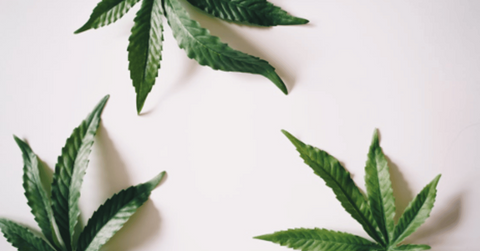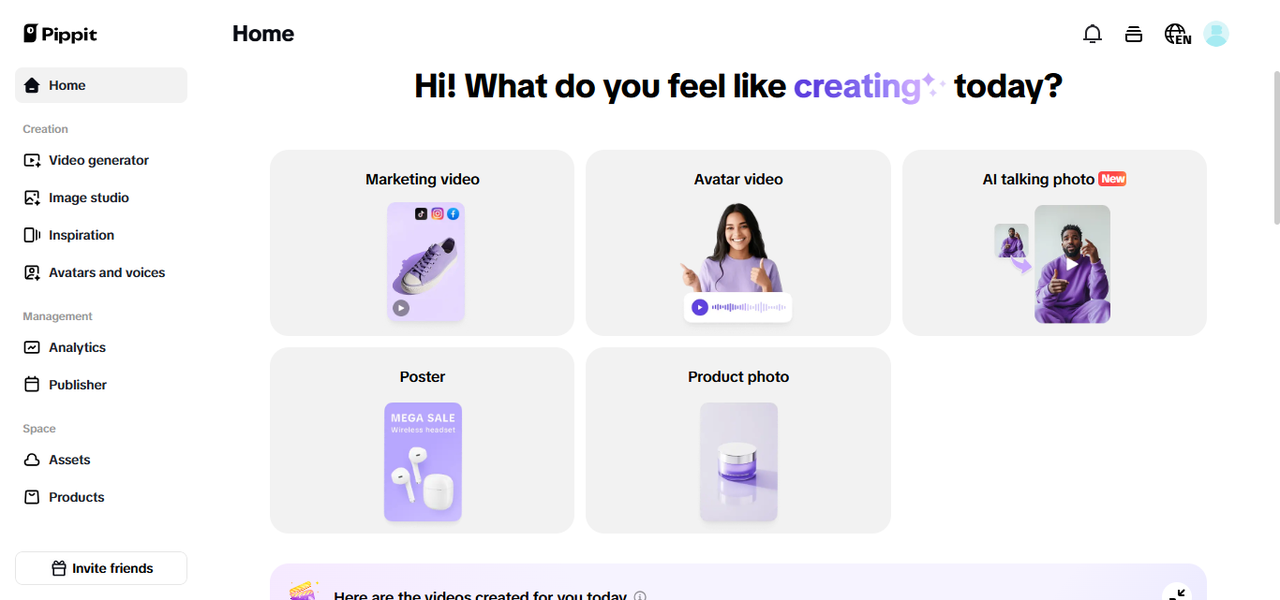The Rise of CBD in the Wellness Industry and Current Trends

May 4 2024, Published 9:41 a.m. ET
The CBD industry is booming, with Precedence Research reporting that the global CBD market reached $8.13 billion in 2023. It is still growing, with revenues projected to grow to $35.96 billion by 2033. In just the U.S., the market size was $4 billion for 2033, with a projected growth to $17.69 billion by 2033. Though the projections vary among the various research organizations, they all share one thing. The CBD market is already large and expected to grow due to various trends.
CBD Market Trends Pointing to Phenomenal Growth
What is driving this rapid CBD growth, and what does it mean for the CBD retailer? It is not one trend but a convergence of CBD market trends that leads to a more extensive variety of CBD markets and more sales.
1. Growing consumer interest
Consumers are learning more about CBD, especially the fact it is non-psychoactive and helping so many address the wellness issues they are experiencing. Grandview Research points out that growing interest in the potential therapeutic benefits of CBD is leading to more clinical research, retail venues and product forms. Grandview Research defines the CBD market growth as high and growth as accelerating. There is a high demand for CBD oils, tinctures, capsules, lip balms, salves, concentrates, lotions and edibles, like CBD gummies.
E-commerce sales of CBD products are growing too, accounting for approximately 40% of sales.
2. Growing CBD pet market
The introduction of CBD for pets is another growing market, boosted by the same factors as market growth for humans: clinical research initiatives, new product development and a desire to address wellness issues. There is an increasing incidence of bowel and gastrointestinal health issues, anxiety and sleep disorders occurring in pets. Pet owners are looking for a natural, safe treatment option. One projection says the CBD pet products market is expected to increase by 12% during the 2021-2027 period.
3. Increasing popularity and variety of CBD beverages
The global CBD beverages market is expected to grow 25.6% during 2023-2031. These infused beverages are flavored, convenient and a better alternative to many of the other drinks on the market because CBD is plant-based. Drinks also provide an effective delivery method.
4. Expanding cannabinoid options
Researchers are studying more than the efficacy of CBD. They are also researching other cannabinoids, including CBC, CBN, CBG and other compounds in the hemp plant. The entourage effect is also being researched. The hemp plant has more than 100 cannabinoids, so people are interested in CBD retailer products that have been specially developed to contain CBD and a higher amount of one or more minor cannabinoids, like CBG and CBN.
5. Integration of CBD into other wellness practices
Today, CBD is being integrated into various wellness practices. For example, CBD oil is used for massages, combined with meditation or taken before and after exercising. The National Wellness Institute says wellness encompasses spiritual and mental well-being, lifestyle and the environment and is self-directed, positive and holistic. According to CBD.market, consumers are looking for natural alternatives to promoting wellness, and CBD is all-natural.
6. Better informed consumers
Until recently, CBD was frequently confused with THC (marijuana), especially by the older generations. People did not understand what CBD stands for in retail. A survey found that people who have never used CBD or THC were most likely not to understand the difference. As consumers become more knowledgeable about terms like hemp plant and CBD and the potential positive impacts, the CBD market will continue to grow. The age group 18-34 years old is using CBD the most.

Additional Considerations
Two things could accelerate market growth even more than projected. One is the Congressional passage of a new regulatory path for CBD products, giving the Food and Drug Administration the right to treat CBD products as supplements and to test for safety. This will increase consumer confidence in CBD products and labeling and spur new investments in the CBD market. Another factor is that the more people use CBD and attest to its effects, the more likely non-users will try CBD to address wellness issues. In addition, people are learning to utilize CBD oil and CBD tinctures in new ways, like adding CBD to favorite recipes.
With increasing scientific interest in CBD, there is also a growing emphasis on research and education initiatives to understand its potential benefits and limitations better. This includes funding studies, hosting educational events, and providing resources for healthcare professionals and consumers.
These trends collectively reflect the dynamic nature of the CBD wellness industry as it continues to evolve and adapt to changing consumer preferences, regulatory landscapes, and scientific advancements.


